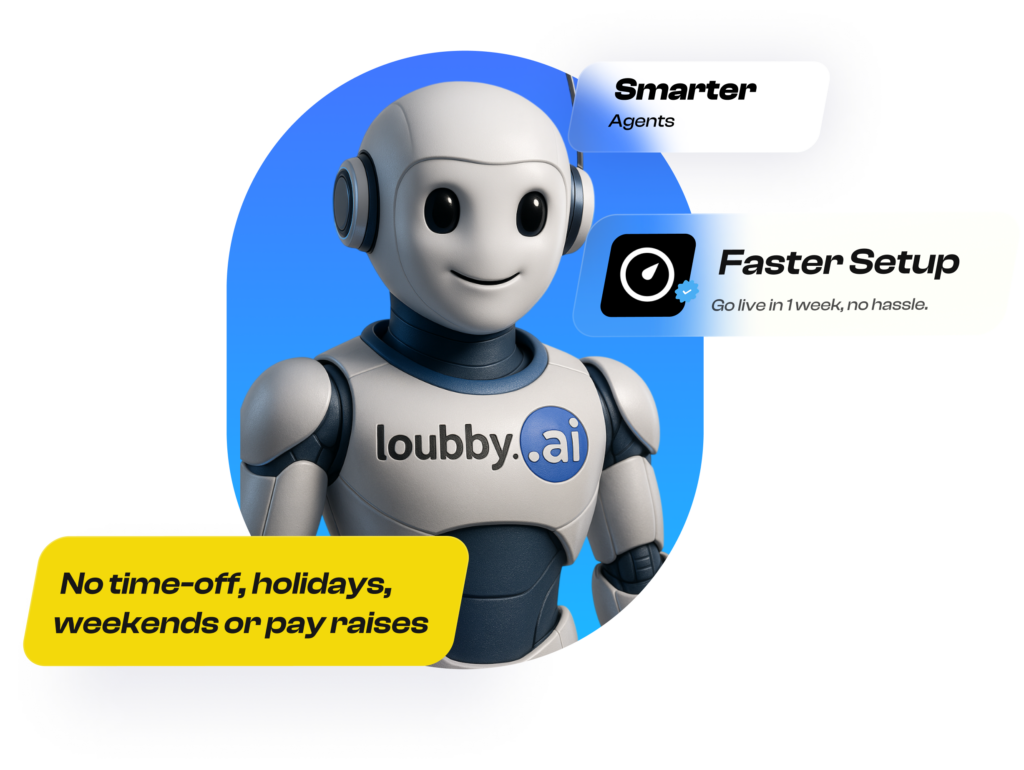In today’s globalised world, businesses are increasingly opting for remote work to access talent pools across continents. Africa, with its thriving tech industry and skilled workforce, has emerged as a top destination for remote employees. However, managing remote teams across different continents presents a significant challenge, especially when it comes to dealing with time zone differences. In this article, we will explore how Artificial Intelligence (AI) is transforming global collaboration by addressing time zone issues with African remote employees. We will also look at how businesses can harness this technology to drive productivity and success.
Understanding the Time Zone Challenge
Managing remote teams across different time zones poses a significant challenge for businesses, particularly when working with employees in Africa. With the continent spanning multiple time zones, coordinating schedules, meetings, and deadlines can be daunting. This time zone disparity can lead to communication delays, missed opportunities for collaboration, and productivity bottlenecks, ultimately impacting business performance.
AI-Powered Time Zone Management Solutions
Enter AI-powered time zone management solutions, which offer a seamless and efficient way to overcome the challenges of coordinating remote teams across continents. These innovative tools leverage advanced algorithms and predictive analytics to optimise scheduling, automate time zone conversions, and facilitate real-time collaboration among distributed teams.
One such platform leading the charge in this space is Loubby AI, whose suite of AI-driven tools includes features specifically designed to address time zone challenges with African remote employees. From intelligent scheduling algorithms to automated reminders and notifications, Loubby AI empowers businesses to effectively manage global collaboration and maximise productivity across time zones.
Optimised Scheduling
AI-powered scheduling tools analyse the availability of remote employees in different time zones and identify optimal meeting times that accommodate everyone’s schedules. By factoring in variables such as working hours, preferred meeting times, and time zone differences, these tools ensure that meetings are scheduled at times that are convenient for all participants, minimising disruptions and maximising attendance.
Automated Time Zone Conversions
AI-driven platforms like Loubby AI automate time zone conversions, eliminating the need for manual calculations and reducing the risk of errors. This ensures that remote employees across Africa and other regions can easily coordinate schedules and deadlines without having to navigate complex time zone differences. By streamlining time zone management, businesses can facilitate smoother communication and collaboration among remote teams.
Real-Time Collaboration
AI-powered collaboration tools enable real-time communication and collaboration among remote teams, regardless of their geographic locations. Features such as instant messaging, video conferencing, and document sharing facilitate seamless communication and collaboration, fostering a sense of connectivity and camaraderie among distributed teams. With AI-driven tools, businesses can break down the barriers imposed by time zones and create an environment where remote employees can collaborate effectively, regardless of where they are located.
Enhanced Productivity and Efficiency
By overcoming time zone challenges with AI-driven solutions, businesses can enhance productivity and efficiency within their remote teams. With streamlined scheduling, automated time zone conversions, and real-time collaboration tools, remote employees can focus on their work without being hindered by time zone disparities. This leads to smoother workflows, faster decision-making, and ultimately, improved business outcomes.
KEY TAKEAWAY
AI is changing the way we collaborate globally by addressing the problem of time zone differences with African remote employees. By using AI-powered time zone management solutions, businesses can efficiently manage scheduling, automate time zone conversions, facilitate real-time collaboration, and ultimately increase productivity within remote teams. As remote work continues to grow, AI-driven tools will become increasingly essential in overcoming the challenges posed by time zones and driving success in the digital era.







